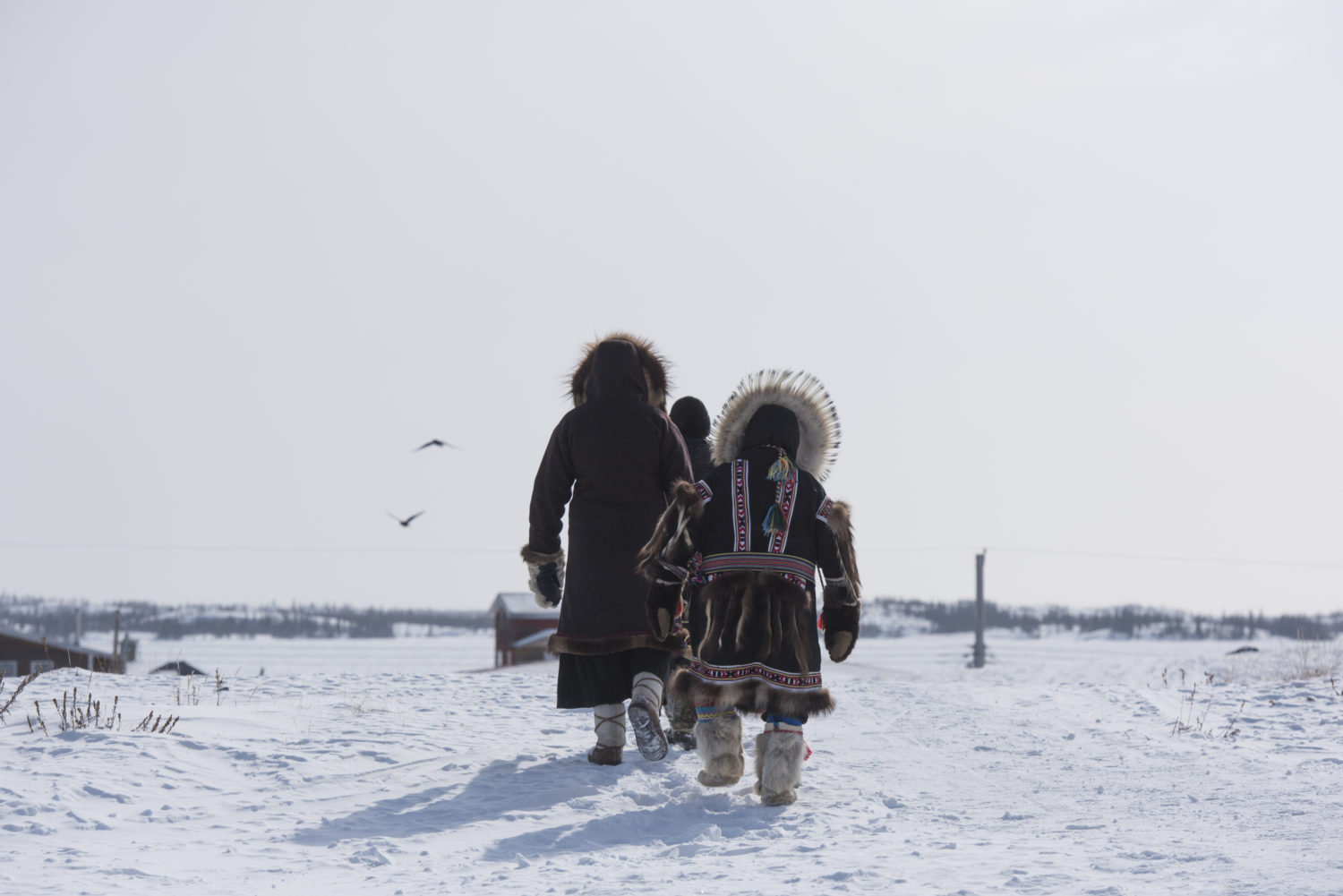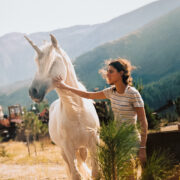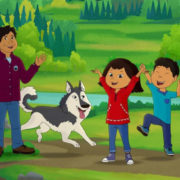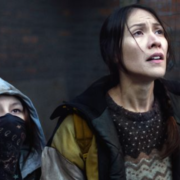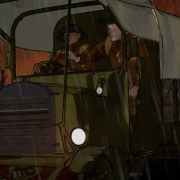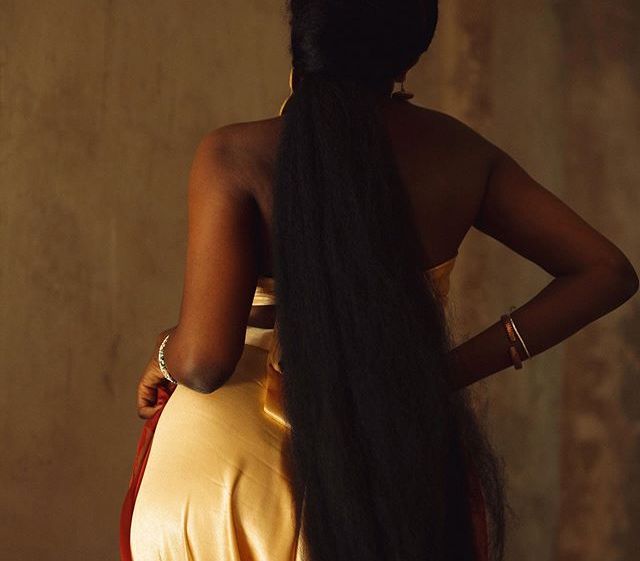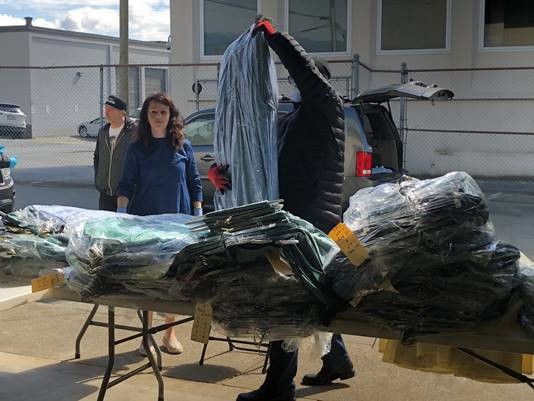Red Snow follows Dylan, a Gwich’in soldier from the Canadian Arctic, caught in an ambush in Afghanistan. His capture and interrogation by a Taliban Commander releases a cache of memories connected to the love and death of his Inuit cousin, Asana, and binds him closer to a Pashtun family as they escape across treacherous landscapes and through a blizzard that becomes their key to survival.
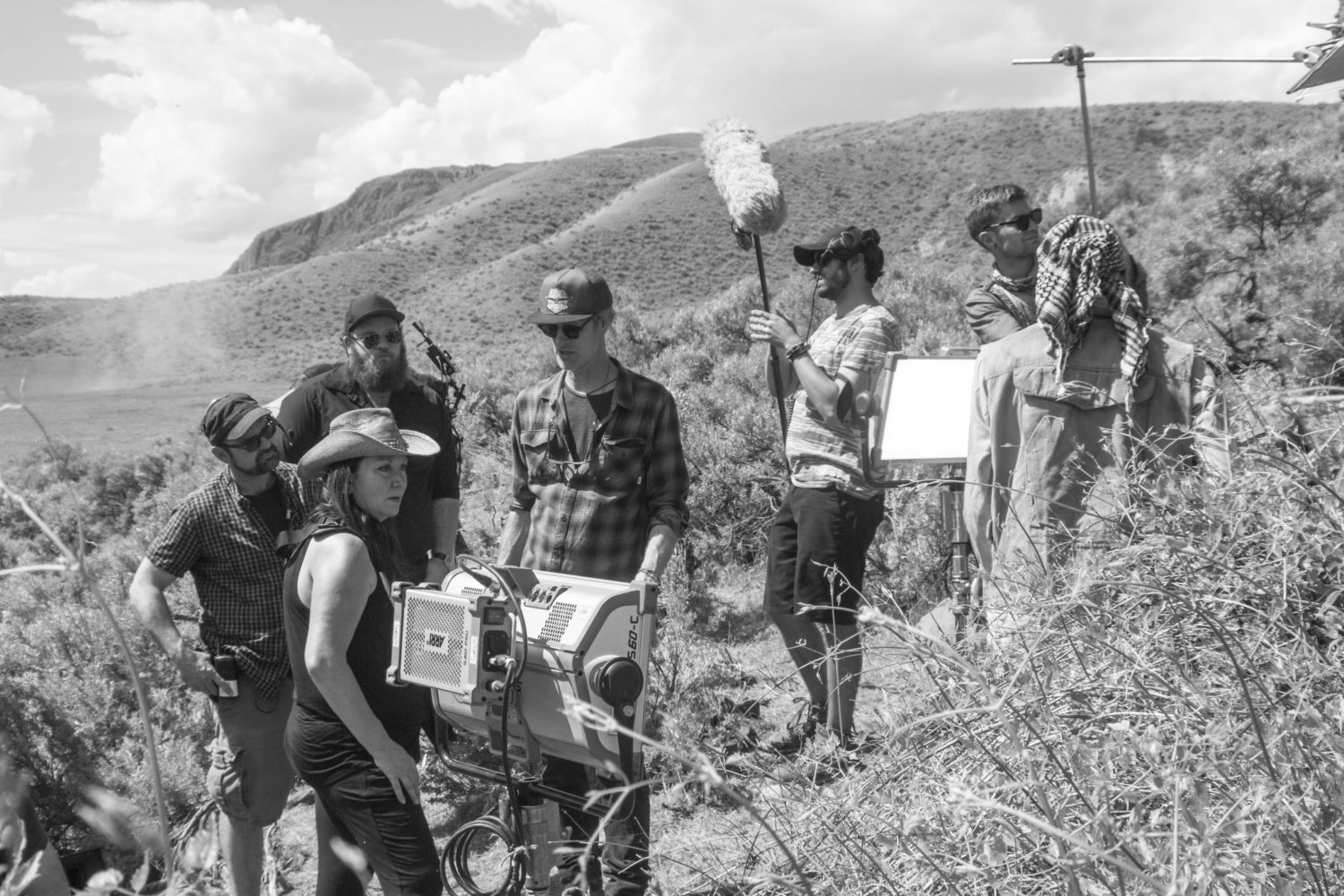
Marie Clements, Red Snow
The British Columbia film written and directed by Galiano Island filmmaker Marie Clements has gained acclaim since its debut at Vancouver International Film Festival in 2019. The award-winning feature opens this Friday, March 13th in Calgary, Ottawa, Toronto and Vancouver.
Tell us a little about yourself and your work.
I am Métis/Dene filmmaker with an independent media production company, Marie Clements Media, specializing in the development, creation and production of innovative works that ignite an Indigenous and intercultural reality.
What were the early days of your career like?
I originally started out as an actor, then writer and producer, and director in theatre and then formed a theatre company to produce works I was committed to bringing to stage. In some ways this has mirrored my transition to documentary, film and television, creating and producing works through my company MCM. Starting in theatre gave me an incredible appreciation for every single part of creation and a kind of single-minded discipline that was crucial to not only survive my own artistic goals but the many challenges that was put in front of me in doing so.
How did you get to where you are now?
We make decisions along the way that will determine the how of it, and ultimately what we want and need to create. There’s a time when these decisions aren’t conscious really but as you evolve in the doing, you begin to understand that your work defines you, and that you define it. I think there is a great responsibility to this but also a clarity that is freeing.
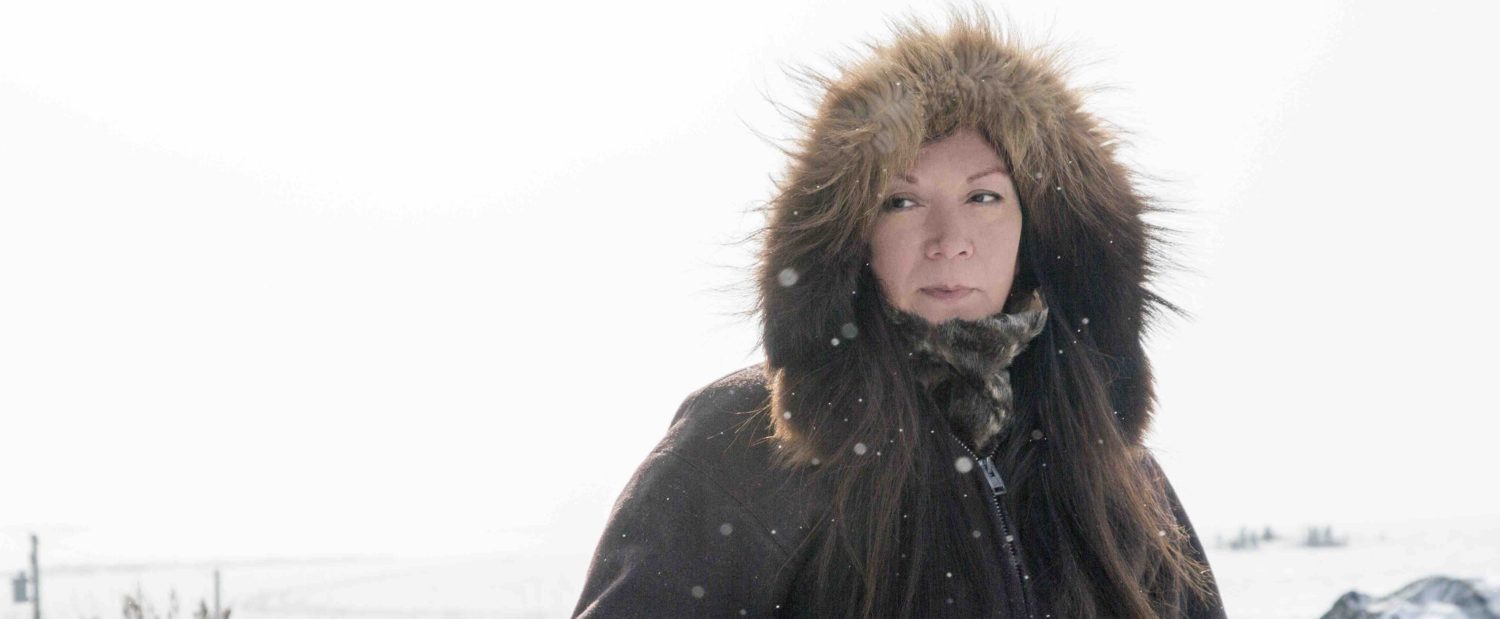
Marie Clements
What inspires you as a creator? What are your influences?
I have been impacted by artists that have gone before me, but James Baldwin helped me hang on. He gave witness to his time. His voice was undeniably unique yet inclusive, his perceptions razor-sharp and his humanity unapologetically massive. I found these attributes talked to me when I was younger and that it inspired me to use who I am at this time in history, my family’s history, this country’s history and our present realities as a resource in breaking a story that speaks to me. I am like so many filmmakers in the sense I am propelled into story by the influences of other artists, activists, musicians, current events and untold stories rising. Story is everywhere.
What advice would you give to someone starting out in the industry?
Know what your job is. Know how to start and also finish. Take responsibility when you should and don’t pass the buck.
Align yourself with like-minded and passionate people that hold integrity in the same ways you do. Beware of the posers. Rejection is part of the business. You are one “no” away from yes. Work hard. Be persistent. Lean into it. Take the risk of being extraordinary.
What accomplishments are you most proud of?
Red Snow took nine years to get to the screen, so I am grateful and proud to have it realized with the artists I worked with. I think there is an accomplishment in committing to stories you can’t not tell. This doesn’t always make it easy, but it makes it incredibly worth it on so many levels.

Red Snow
Tell us about RED SNOW and your process or influence in the creation of the film?
Dylan, a Gwich’in soldier from the Canadian Arctic, is caught in an ambush in Kandahar, Afghanistan. His capture and interrogation from a Taliban Commander releases a cache of memories connected to the love and death of his Inuit cousin, Asana, and binds him closer to a Pashtun family as they escape across treacherous landscapes and through a blizzard that becomes their key to survival. Filmed on location in Canada’s Northwest Territories and the desert interior region of British Columbia (the Ashcroft Band Lands, Cache Creek and Kamloops). Over a rigorous 20-day production schedule, the Red Snow team worked in temperatures as high as +38 degrees and as low as -40 to capture the beauty of the land and people. Red Snow was filmed in four languages – Gwich’in, Inuvialuktun, Pashto and English.
What’s next for Marie?
I am currently working on a slate of projects with my company MCM including Bones of Crows, a mini-series and Tombs, a feature drama.

